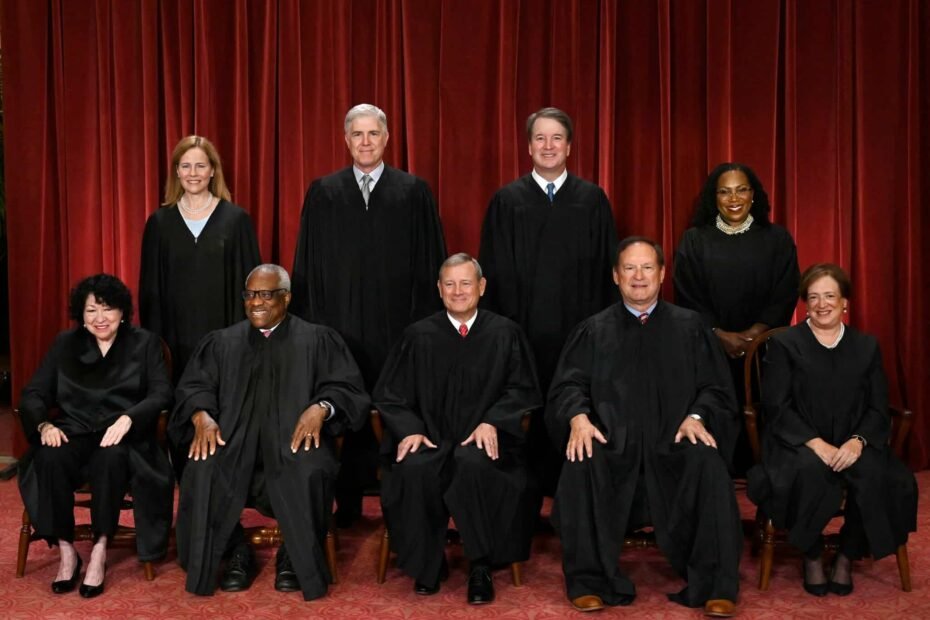a significant development on the eve of the third anniversary of the January 6th insurrection, the U.S. Supreme Court has agreed to tackle a pivotal question surrounding the eligibility of a former president to run for office after attempting a coup. The case centers on Section 3 of the 14th Amendment, crafted post-Civil War to prevent Confederate insurrectionists from holding office. This marks an unprecedented challenge for the Supreme Court, as the insurrectionist in question is a former president, Donald Trump.
Trump’s lawyers argue that the terms “engage” and “insurrection” are unclear, subject to varying standards, and January 6th was not an insurrection. Congressman and constitutional law professor, Jamie Raskin, who was also present at the Capitol during the insurrection, strongly disagrees. Raskin asserts that Trump did engage in an insurrection, orchestrating a targeted and strategic political coup to overturn the election results. He points to Trump’s role in galvanizing protests at the Capitol during the peaceful transfer of power, indicating a clear intent to disrupt the democratic process.
The legal debate revolves around whether the Supreme Court will interpret Section 3 of the 14th Amendment to disqualify Trump from future presidential runs. Oral arguments are scheduled for February 8th, coinciding with Nevada’s Republican caucus, and the outcome could have far-reaching consequences for the 2024 presidential election and the overall democratic framework.

Raskin expresses skepticism about the impartiality of the Supreme Court, highlighting the potential conflict of interest involving Justice Clarence Thomas, whose wife played a material role in the events leading up to the insurrection. House Democrats have called on Justice Thomas to recuse himself from the case, citing a reasonable question about his impartiality.
The congressman emphasizes that the Supreme Court faces a critical moment to rise above partisan considerations and uphold the Constitution. He points out that the language of Section 3 is clear and unambiguous, explicitly disqualifying individuals who engage in insurrection against the Constitution. Raskin stresses that this decision is not undemocratic but rather in line with constitutional principles, similar to age or birthplace requirements for presidential eligibility.
Addressing Trump’s attorney, Alina Habba’s comments about having faith in certain justices, Raskin draws parallels to mobster mentality, where individuals believe they can influence judges based on personal connections. He underscores the need for the Supreme Court justices to rise to the occasion and act as true custodians of justice, putting aside partisan considerations.
Raskin also dismisses the argument that Section 3 doesn’t specifically mention the office of the president, stating that the Constitution refers to the president and the presidency as officers or officials in various instances. He argues that disqualifying individuals in federal office, including the president, for participating in insurrection is a well-established principle and not a serious issue.
The congressman reminds the public of the gravity of the January 6th insurrection, emphasizing that it was not a spontaneous riot but a designed political coup to overturn the election results. He concludes by warning about the potential consequences of allowing a disqualified individual like Trump to run for president again, stating that it could undermine the Constitution and democracy itself.
As the Supreme Court prepares to hear oral arguments on February 8th, the nation awaits a decision that will shape the course of American politics and determine the court’s commitment to upholding constitutional principles. The outcome will not only impact Trump’s eligibility but will also serve as a litmus test for the judiciary’s role in safeguarding democracy.
